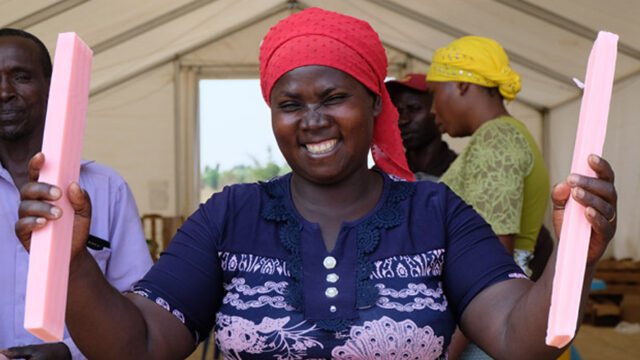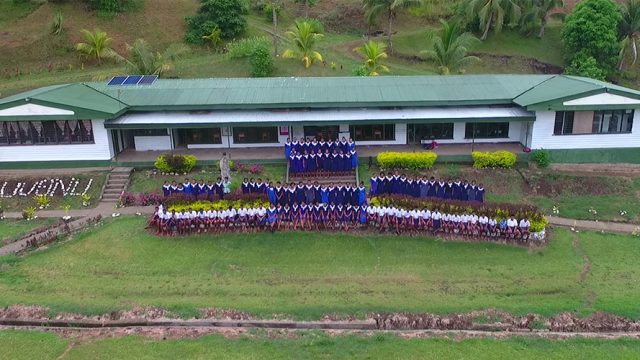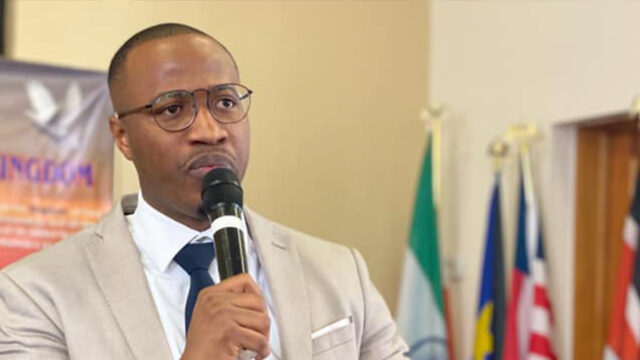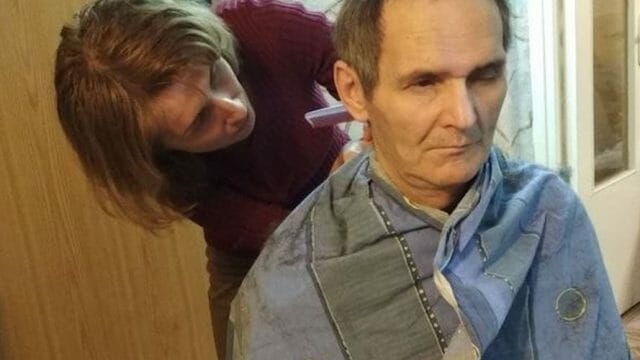Yemi Osinbajo congratulated Adventist leaders for investing in ‘high-quality education.’
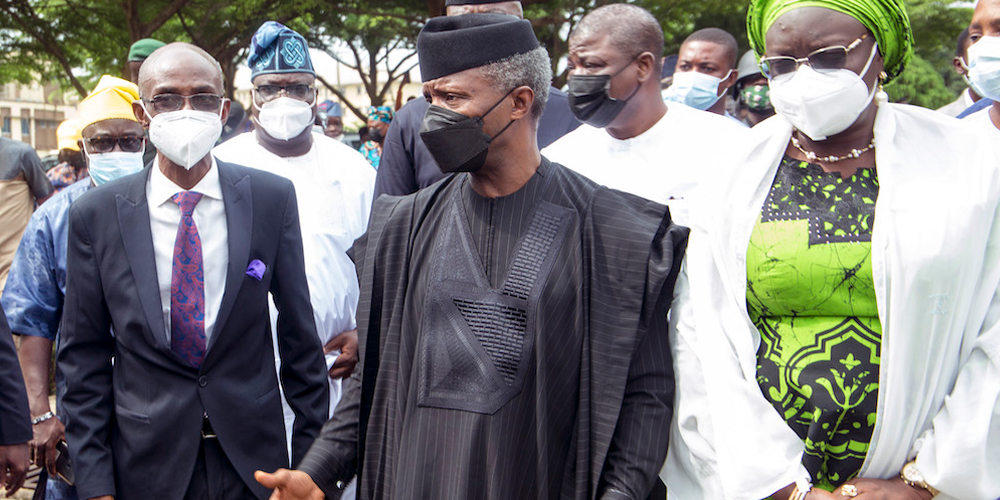
The vice president of the Federal Republic of Nigeria, Yemi Osinbajo, commended the Seventh-day Adventist Church and Babcock University for supporting the national government’s drive for high-quality education in Nigeria. His call came as he gave a special address at the school’s 33rd inaugural lecture on its campus in Ilishan-Remo, Ogun State, on August 8, 2021. Osinbajo came as a special guest and former classmate of the keynote speaker, Oluseyi Oduyoye.
Osinbajo based his words of commendation on the Adventist Church’s supportive role in building a rich workforce in Nigeria through its investments in Babcock University. “Let me commend the Seventh-day Adventist Church for investments it has made in developing quality education in Nigeria. This is the direction many religious organizations must follow,” he said.
He also called on the state government to support the federal government’s development efforts for the survival of Small and Medium Scale Enterprises (SMEs) in Nigeria. Osinbajo shared that the federal government is making efforts to boost economic growth by providing SMEs with seed investments, grants, and incentives for expanding trade clusters in Benue and Anambra states. Against this background, he said, state support can ensure these efforts go a long way.
Osinbajo revealed that the Africa Development Bank (AfDB) has offered to support the federal government’s SME growth with US$500 million to complement its current effort. “The economic future of our country is dependent on small businesses,” Osinbajo emphasized. “SMEs employ the largest population of the workforce, and the state government support is very critical. Those businesses bring hope, jobs, and support for many families,” he said.
About Babcock University
Babcock University, as it is now known, opened on September 17, 1959, as Adventist College of West Africa (ACWA). Established by the Seventh-day Adventist Church as a senior college for training church workers from the West African sub-region, ACWA opened its doors with only seven ministerial students.
By 1966, when it graduated the first set of Bachelor of Arts degree holders in its own name, enrollment included students taking business administration as potential accountants within and outside the church; and two-year pre-nursing students preparing to pursue a nursing career at the church’s School of Nursing at Ile-Ife, Osun State. An affiliation agreement with Andrews University in Berrien Springs, Michigan, United States, allowed the school to award Bachelor of Arts degrees in biology, business administration, history, religion, and secretarial studies.
In 1999, the government of Nigeria included Babcock University as one of the first three private universities in the country. The school officially gained university status on June 17, 1999.
As a private university in Nigeria since 1999, Babcock now has a postgraduate school that opened in the third quarter of 2010 and a medical school launched in January 2012. According to the school’s website, it offers an education that inspires hope and transforms lives.
The original version of this story was posted on the Babcock University news site.



